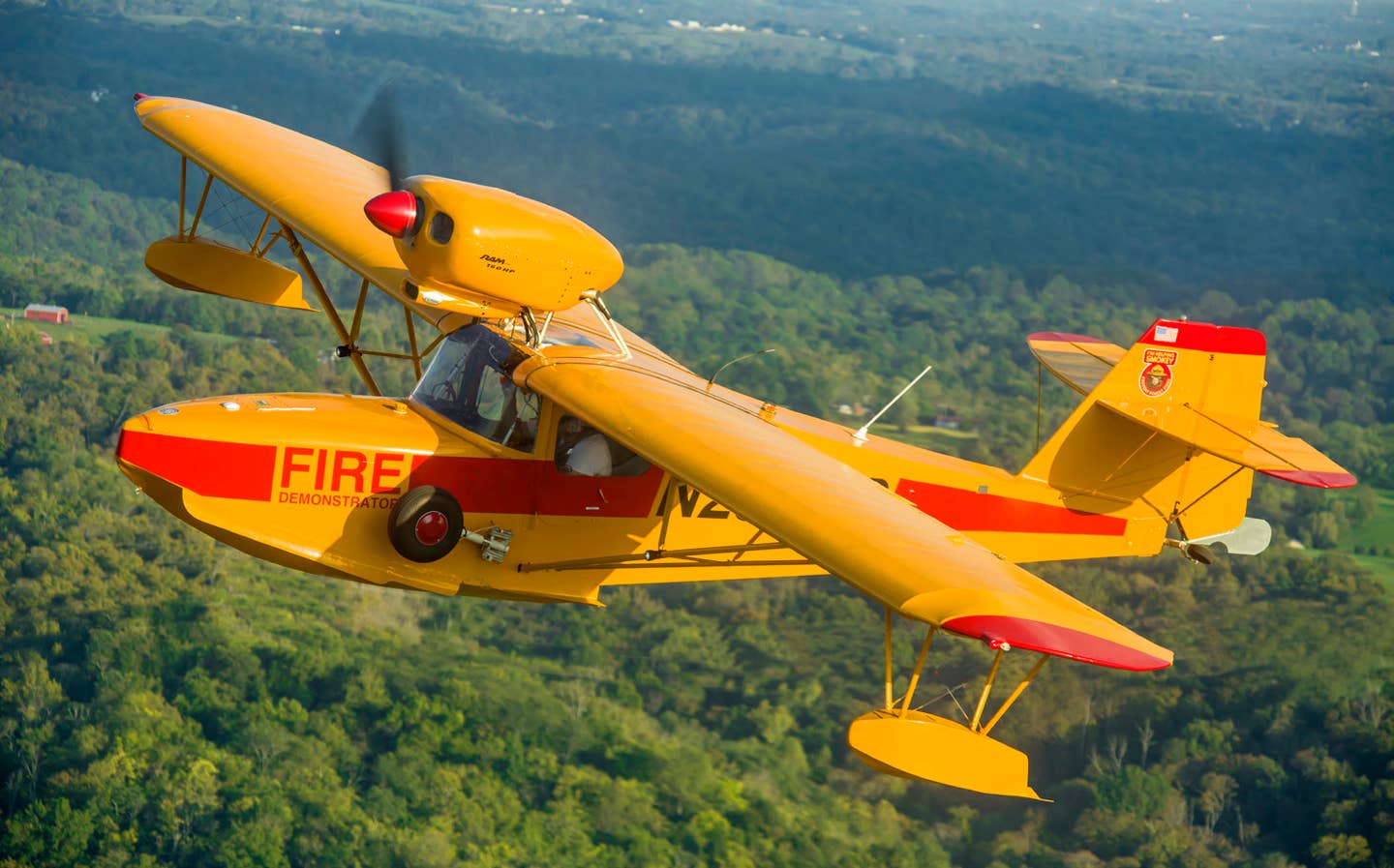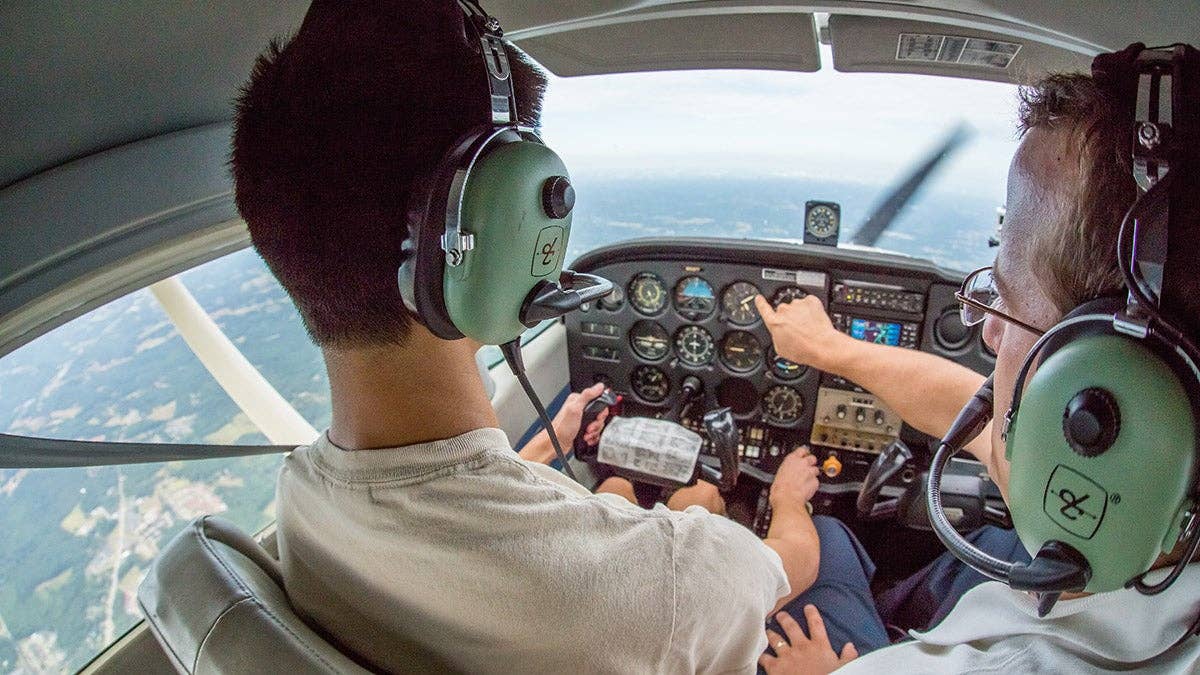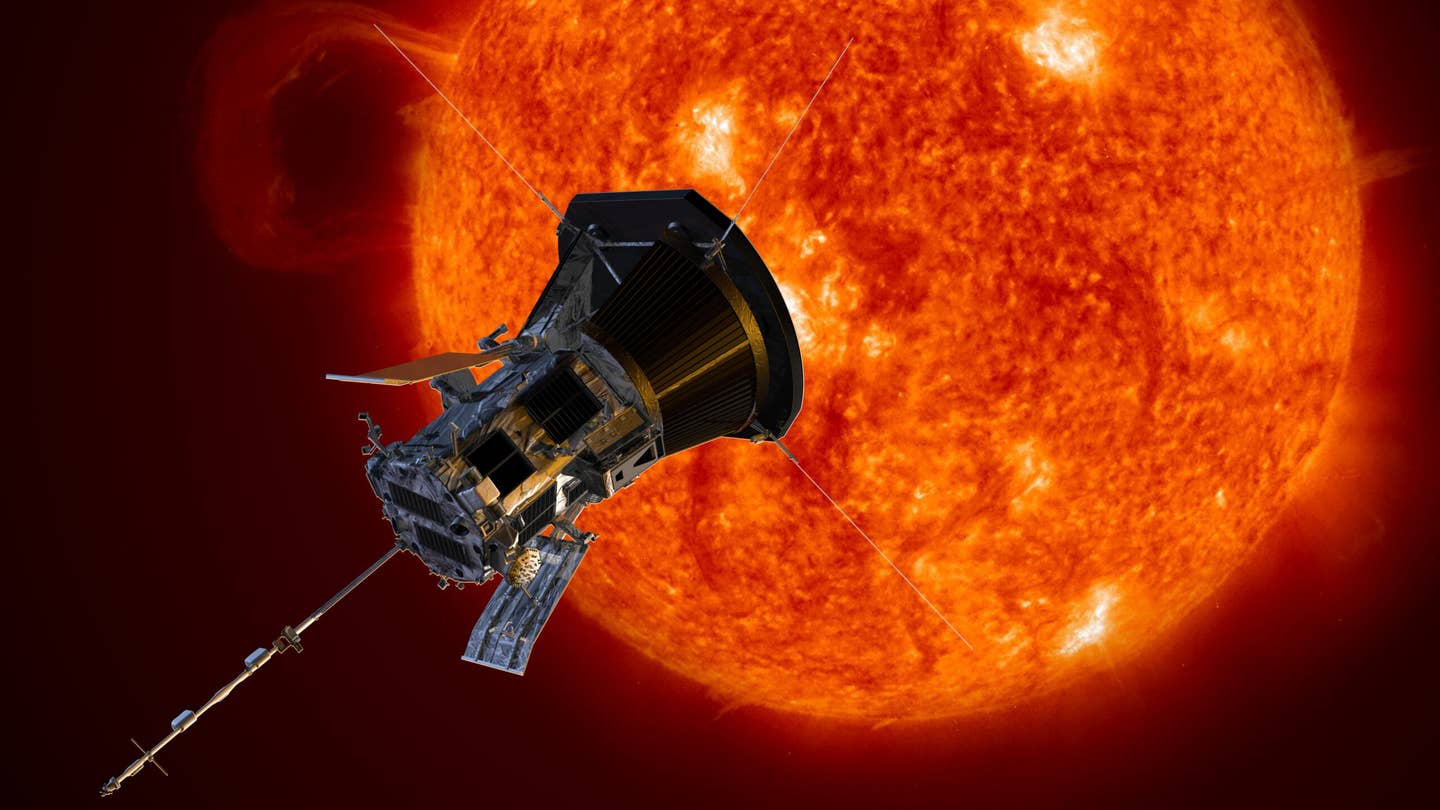NASA Selects Lockheed Martin To Develop Mars Vehicle
NASA has selected Lockheed Martin to build the first rocket to be fired on another planet for the Mars Sample Return Program.

NASA awarded a contract to Lockheed Martin Space of Littleton, Colorado, to develop a Mars ascent vehicle. [Credit: NASA/JPL-Caltech/University of Arizona/Texas A&M University]
NASA has selected Lockheed Martin to build the first rocket to be fired on another planet for the Mars Sample Return Program.
NASA awarded a contract to Lockheed Martin Space of Littleton, Colorado, to develop a Mars ascent vehicle (MAV) to capture and return Martian rock, sediment, and atmospheric samples to Earth.
“This groundbreaking endeavor is destined to inspire the world when the first robotic round-trip mission retrieves a sample from another planet—a significant step that will ultimately help send the first astronauts to Mars,” NASA Administrator Bill Nelson said. “America’s investment in our Mars Sample Return program will fulfill a top priority planetary science goal and demonstrate our commitment to global partnerships, ensuring NASA remains a leader in exploration and discovery.”
The MAV, a lightweight rocket, will become the first rocket to be fired on another planet—set to retrieve samples collected by NASA’s Perseverance rover. The MAV will be lowered to the Jezero Crater by NASA’s Sample Retrieval Lander. After the samples are collected, the MAV will then launch and begin its journey back to Earth.
After reaching orbit, an Earth Return Orbiter spacecraft—developed by the European Space Agency (ESA) and equipped with NASA’s Capture, Containment, and Return System payload— will capture the MAV, sending it on its way back home.
According to NASA, the spacecraft is planned to bring samples back in the early to mid-2030s.
“Committing to the Mars Ascent Vehicle represents an early and concrete step to hammer out the details of this ambitious project not just to land on Mars, but to take off from it,” said Thomas Zurbuchen, the associate administrator for science at NASA Headquarters in Washington. “We are nearing the end of the conceptual phase for this Mars Sample Return mission, and the pieces are coming together to bring home the first samples from another planet. Once on Earth, they can be studied by state-of-the-art tools too complex to transport into space.”
The sample retrieval launcher is currently set to launch no earlier than 2026 from the Kennedy Space Center in Florida. According to NASA, its contract with Lockheed Martin Space has a potential value of $194 million and will span six years, starting no later than February 25.

Sign-up for newsletters & special offers!
Get the latest FLYING stories & special offers delivered directly to your inbox






